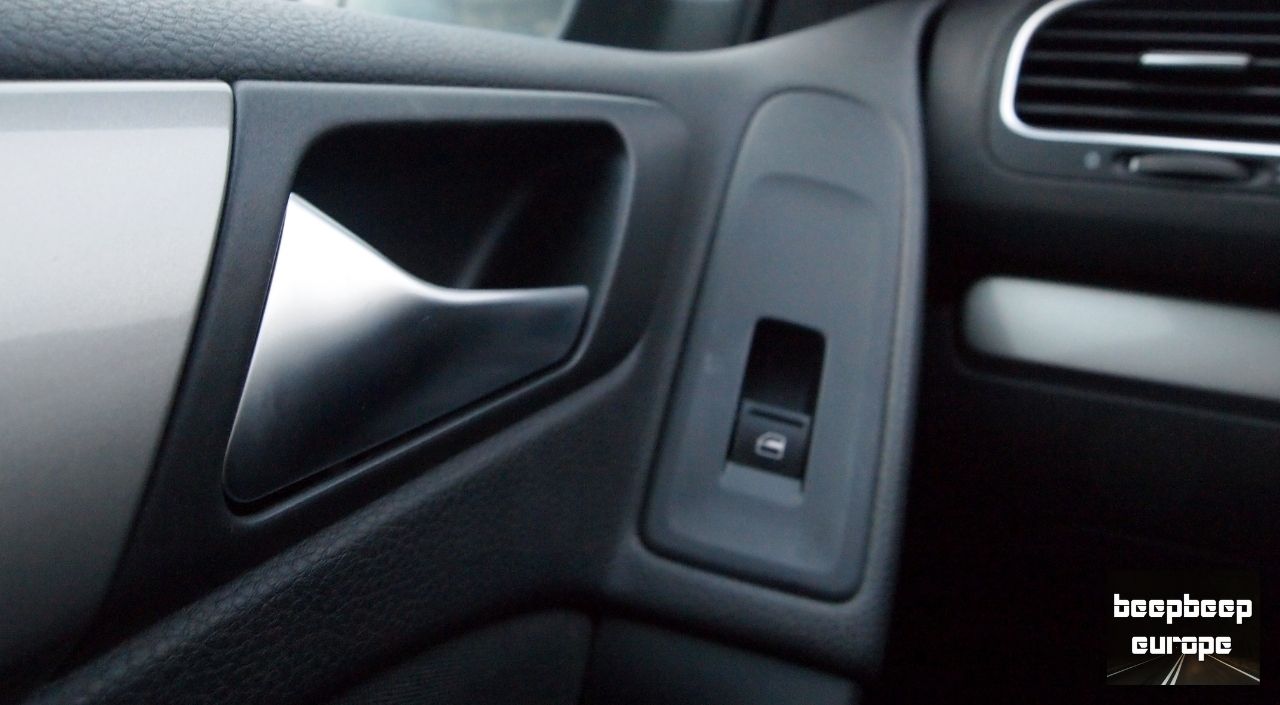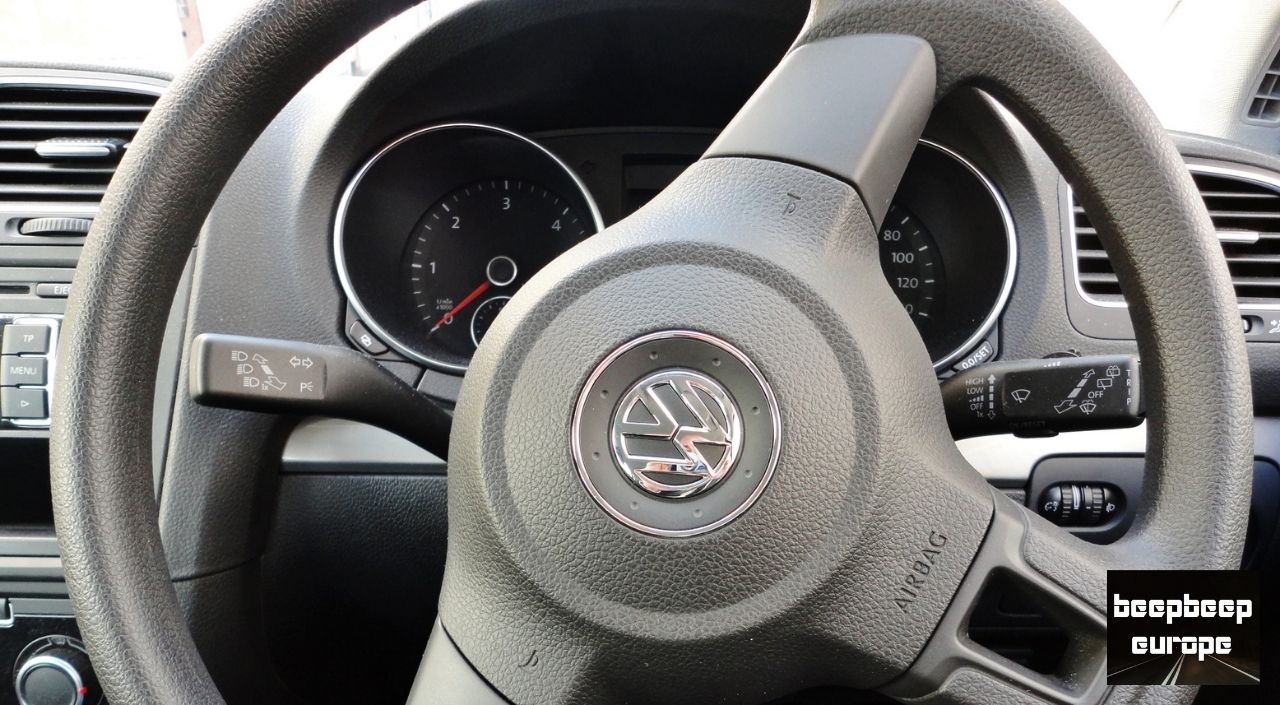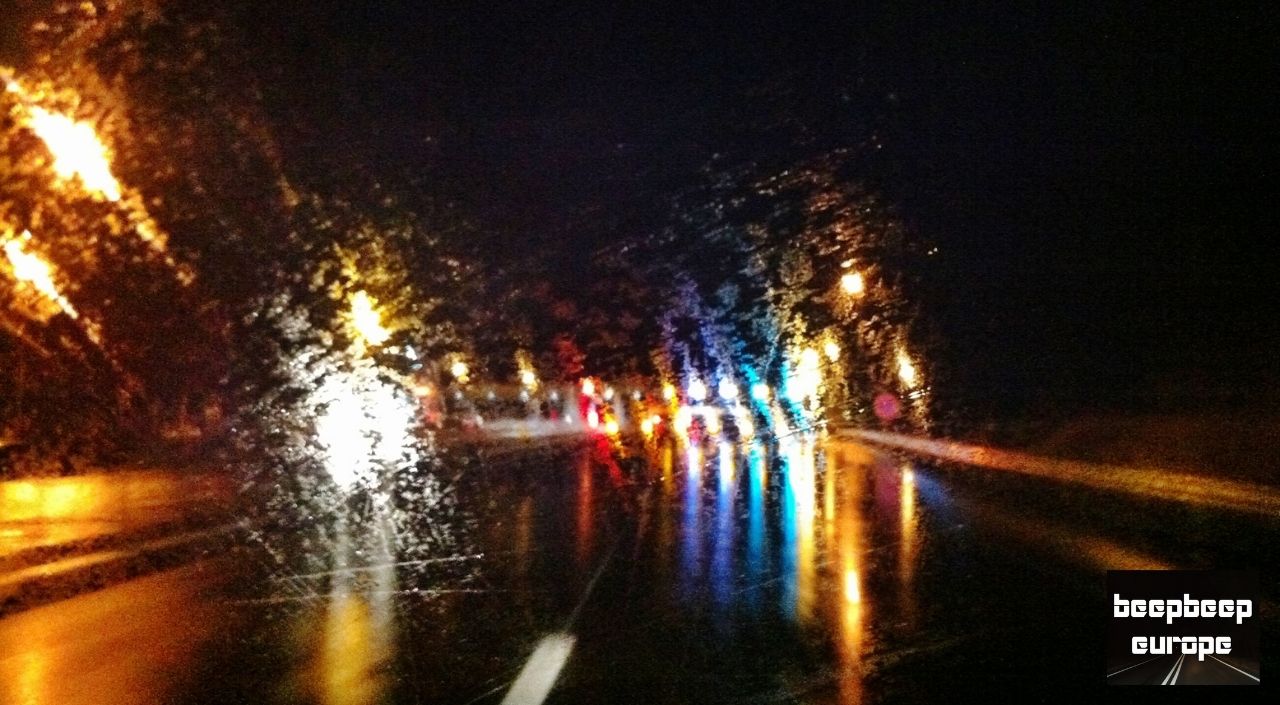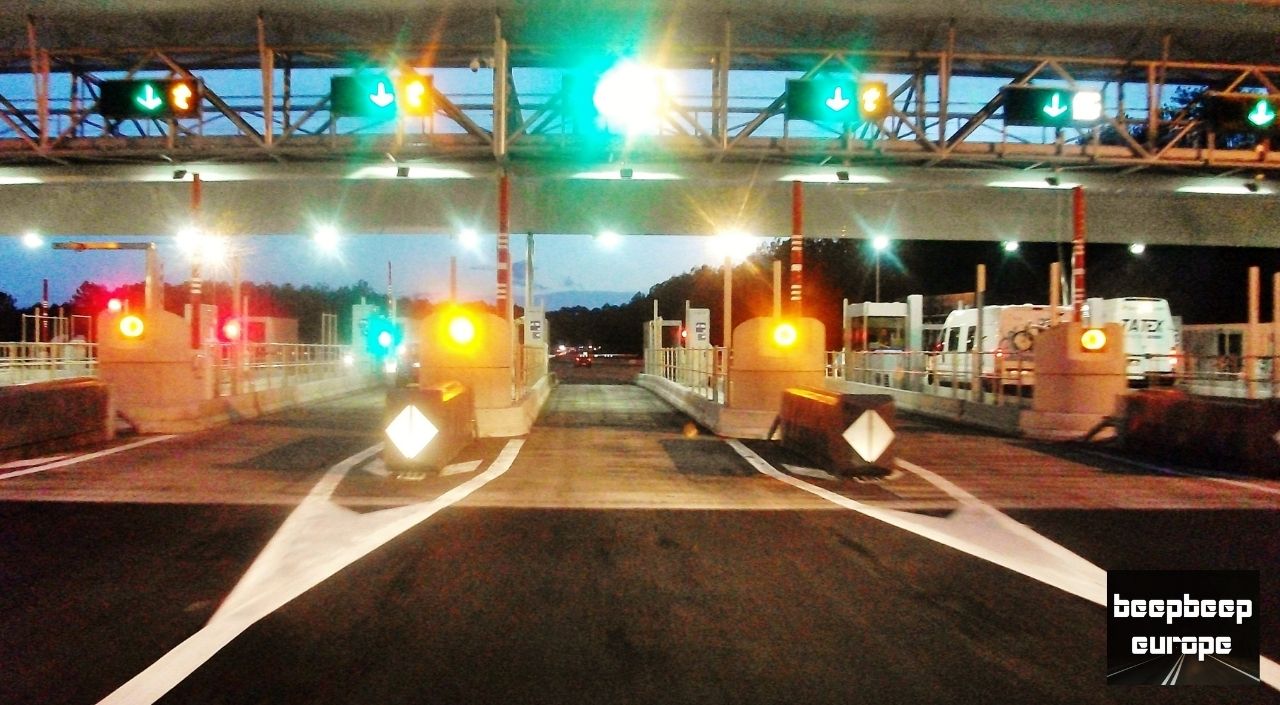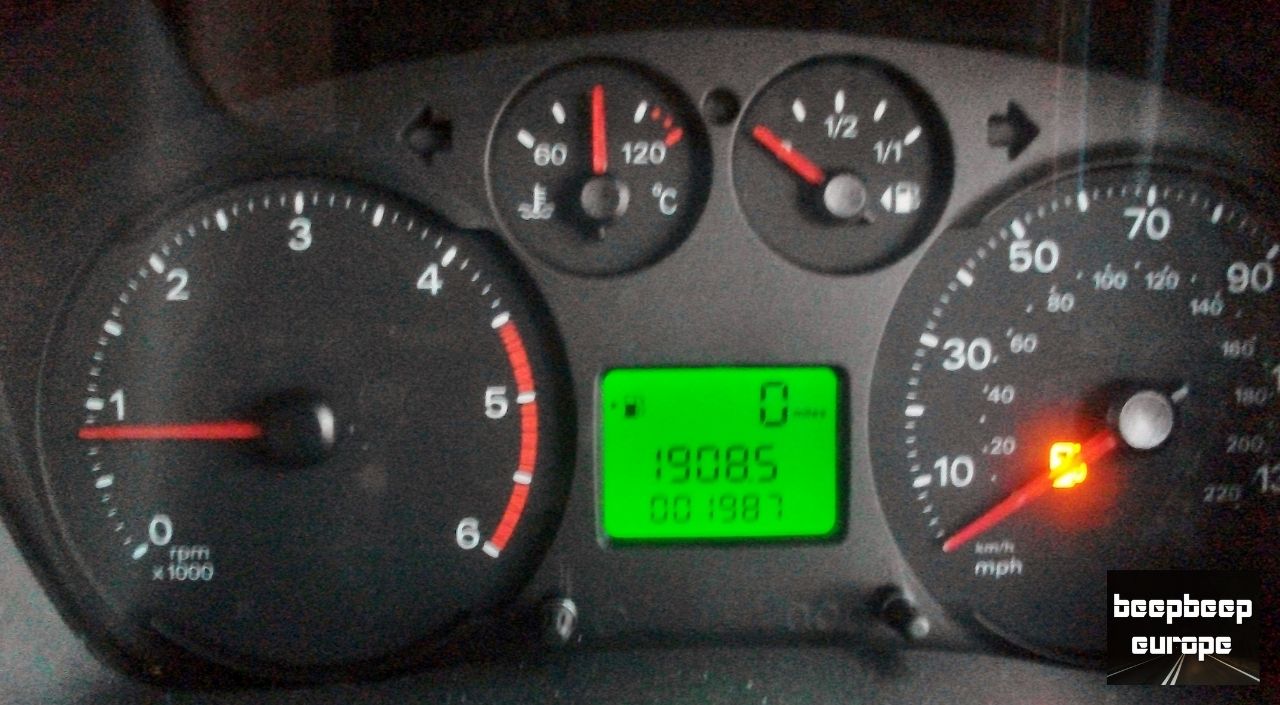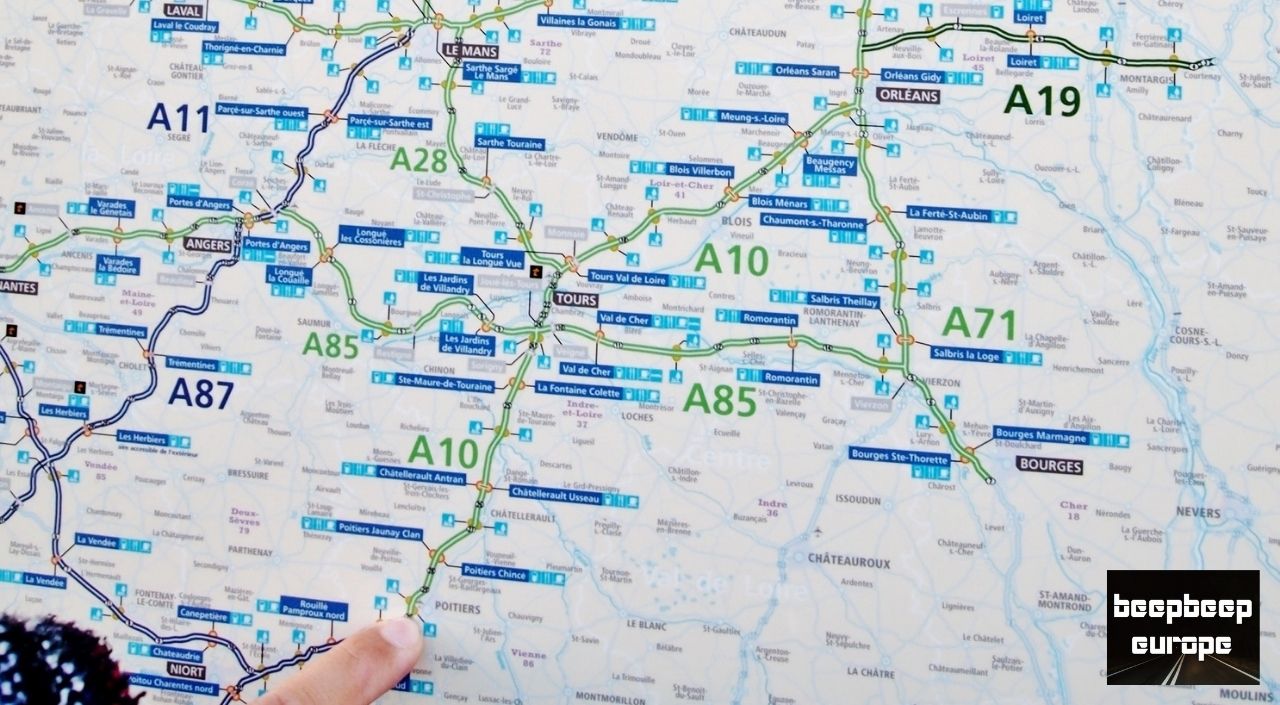Preparation, preparation, preparation...
A road trip through Europe can be a great adventure and truly rewarding. It can also be very challenging, so make your trip a safe and enjoyable one by following these basic steps: Be vigilant - take extra care whilst on the road abroad, use common sense and obey the laws/regulations. Plus, remember the driving style on the Continent is very different to the UK. It pays to be prepared for the unexpected so here's a few points to consider:
1. If you're taking your own vehicle abroad: Is your vehicle roadworthy and in good mechanical condition? Does it need a service? Are your tyres, air bags and air conditioning, windscreen wipers, lights, etc. in good condition? Check if the water, oil and coolant are topped up. Do you have the following?: Car manual, small toolkit, air pump, first aid kit, warning triangle, reflective safety vests, spare tyre, headlamp beam adaptors, breathalyser kit, GB sticker, ice scraper, window cleaner wiper, spare bulbs, travel fire extinguisher, vehicle jack, wheel-nut wrench with extension bar and locking wheel nut adaptor (if fitted) and spare oil/coolant bottles. Some of these items have already been mentioned on other pages. These are essential and very important - don't forget them.
Is your vehicle taxed and MOT in date? Is your vehicle insured? Are all the designated drivers insured? Do you need to upgrade to fully comprehensive insurance? Does your insurance cover you driving through Europe? - (Check countries with Insurer). Do you have breakdown cover to cover you in Europe? It's best to have everything sorted/covered for the just in case as it will cost you more in the long run if you haven't.
1. If you're taking your own vehicle abroad: Is your vehicle roadworthy and in good mechanical condition? Does it need a service? Are your tyres, air bags and air conditioning, windscreen wipers, lights, etc. in good condition? Check if the water, oil and coolant are topped up. Do you have the following?: Car manual, small toolkit, air pump, first aid kit, warning triangle, reflective safety vests, spare tyre, headlamp beam adaptors, breathalyser kit, GB sticker, ice scraper, window cleaner wiper, spare bulbs, travel fire extinguisher, vehicle jack, wheel-nut wrench with extension bar and locking wheel nut adaptor (if fitted) and spare oil/coolant bottles. Some of these items have already been mentioned on other pages. These are essential and very important - don't forget them.
Is your vehicle taxed and MOT in date? Is your vehicle insured? Are all the designated drivers insured? Do you need to upgrade to fully comprehensive insurance? Does your insurance cover you driving through Europe? - (Check countries with Insurer). Do you have breakdown cover to cover you in Europe? It's best to have everything sorted/covered for the just in case as it will cost you more in the long run if you haven't.
2. If you are hiring a car: Have you booked the correct sized vehicle? Are all the designated drivers listed? Is there an excess charge? Do you have to pay a deposit? If so, you will need a valid bank/credit card. For more information see 'Car hire' page.
3. Are all your travel documents up to date? - Don't forget to print/take these with you! Eg. Valid Passports/ID cards, a valid Full Driving Licence (Photocard/Paper counterpart - the latter is being abolished on 8 June 2015 but do take it with you in case you still need it due to lack of awareness), Vehicle Registration document (V5) or Hired/Leased certificate, Motor Insurance certificate, MOT certificate, Breakdown policy documents, Ferry/Eurotunnel booking documents, Accommodation booking confirmations (including address/map details), European Health Insurance Card (EHIC), Travel Insurance documents - see 'Staying safe' page.
4. Are your bank/credit cards in date? Do you need to inform your card providers that you are travelling? - (Your providers may find unfamiliar transactions suspicious and suspend your account whilst you're abroad). Not all UK credit cards are accepted abroad, so do double-check before travelling if you are planning on using your credit cards during your trip.
3. Are all your travel documents up to date? - Don't forget to print/take these with you! Eg. Valid Passports/ID cards, a valid Full Driving Licence (Photocard/Paper counterpart - the latter is being abolished on 8 June 2015 but do take it with you in case you still need it due to lack of awareness), Vehicle Registration document (V5) or Hired/Leased certificate, Motor Insurance certificate, MOT certificate, Breakdown policy documents, Ferry/Eurotunnel booking documents, Accommodation booking confirmations (including address/map details), European Health Insurance Card (EHIC), Travel Insurance documents - see 'Staying safe' page.
4. Are your bank/credit cards in date? Do you need to inform your card providers that you are travelling? - (Your providers may find unfamiliar transactions suspicious and suspend your account whilst you're abroad). Not all UK credit cards are accepted abroad, so do double-check before travelling if you are planning on using your credit cards during your trip.
5. Do you have enough Euro currency to take with you or Pounds to exchange whilst on your travels? It's handy to carry Euros in cash in case you arrive anywhere late at night and there are no disposable ATMs in the vicinity.
6. Would using a pre-paid card be an ideal alternative to using credit/bank cards or carrying cash on your trip? See 'Savings tips' page for details.
7. Don't forget to budget for Motorway fees and Fuel for the length of your trip as these can be very costly.
8. Don't forget to budget for repair costs in case you breakdown/have an accident abroad. You will have to pay for parts and labour upfront and which are in excess of your breakdown cover limits - these costs may be higher than in the UK.
6. Would using a pre-paid card be an ideal alternative to using credit/bank cards or carrying cash on your trip? See 'Savings tips' page for details.
7. Don't forget to budget for Motorway fees and Fuel for the length of your trip as these can be very costly.
8. Don't forget to budget for repair costs in case you breakdown/have an accident abroad. You will have to pay for parts and labour upfront and which are in excess of your breakdown cover limits - these costs may be higher than in the UK.
9. You should also set aside some spare money to cover anything unexpected.
10. Are you able to use your mobile phone abroad? Do you need to switch on International Calling? Or do you need to switch off your mobile wifi and/or voicemail service? - (You may be charged roaming / message retrieving costs whilst abroad if you do not do so - please liaise with your service provider).
11. It's a good idea to photocopy your passport/other important travel documents and store these separately - they would certainly come in handy if you were to lose your originals.
12. Familiarise yourself with any internet/telephone banking details and any other important passwords you may need in emergencies or whilst you're away.
13. You should list your emergency contact names/numbers and store this list with your travel documents - this would definitely come in handy in an emergency.
10. Are you able to use your mobile phone abroad? Do you need to switch on International Calling? Or do you need to switch off your mobile wifi and/or voicemail service? - (You may be charged roaming / message retrieving costs whilst abroad if you do not do so - please liaise with your service provider).
11. It's a good idea to photocopy your passport/other important travel documents and store these separately - they would certainly come in handy if you were to lose your originals.
12. Familiarise yourself with any internet/telephone banking details and any other important passwords you may need in emergencies or whilst you're away.
13. You should list your emergency contact names/numbers and store this list with your travel documents - this would definitely come in handy in an emergency.
14. Make sure you always inform a relative/friend of when, where and for how long you are going on your travels as well as your contact details in case of an emergency.
15. You should store any useful numbers on your mobile which you may need whilst on your travels. Eg. Embassy, Emergency Services, etc.
16. It is advisable to familiarise yourself with the driving laws and regulations for each country you will be travelling through. Please check our 'Driving regulations' pages for details.
17. If you are taking any pets on your road trip, make sure you have the relevant documentation/equipment to make their trip a comfortable and safe one too.
15. You should store any useful numbers on your mobile which you may need whilst on your travels. Eg. Embassy, Emergency Services, etc.
16. It is advisable to familiarise yourself with the driving laws and regulations for each country you will be travelling through. Please check our 'Driving regulations' pages for details.
17. If you are taking any pets on your road trip, make sure you have the relevant documentation/equipment to make their trip a comfortable and safe one too.
If you are considering driving during the winter months, it will definitely have its challenges so it's best to be fully prepared for the bad weather, be it heavy snow/rain, ice, fog, strong winds, storms, before departing on your trip. It is either mandatory to use both snow chains and winter tyres (use when below 7 degrees) in mountainous regions across Europe or just mandatory to use snow chains only and winter tyres are recommended. Do check the country specifications before planning your trip as you will need to sort these out before departing.
Also, before leaving for your destination, have lots of practice fitting the snow chains - they are tricky to put on/take off. Simply follow the instructions, hopefully these won't be too hard to decipher. Don't wait to do this when you are already up a mountain.
Winter tyres are very effective too - on wet roads they will not only handle the road better than normal tyres but will grip the road better when stopping too.
Also, before leaving for your destination, have lots of practice fitting the snow chains - they are tricky to put on/take off. Simply follow the instructions, hopefully these won't be too hard to decipher. Don't wait to do this when you are already up a mountain.
Winter tyres are very effective too - on wet roads they will not only handle the road better than normal tyres but will grip the road better when stopping too.
Check out more tips below
Photography: beepbeepeurope
© Copyright. All rights reserved.
© Copyright. All rights reserved.
